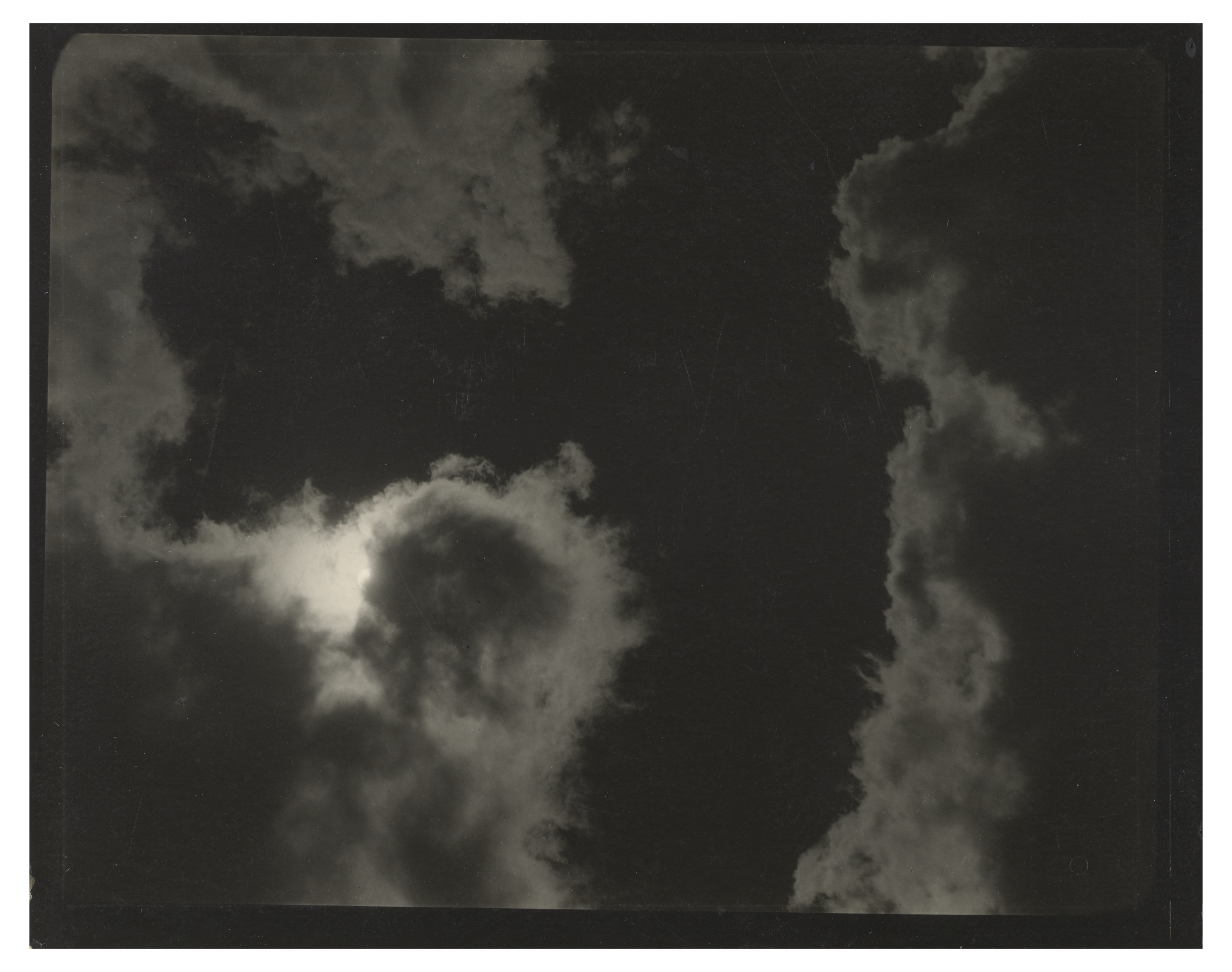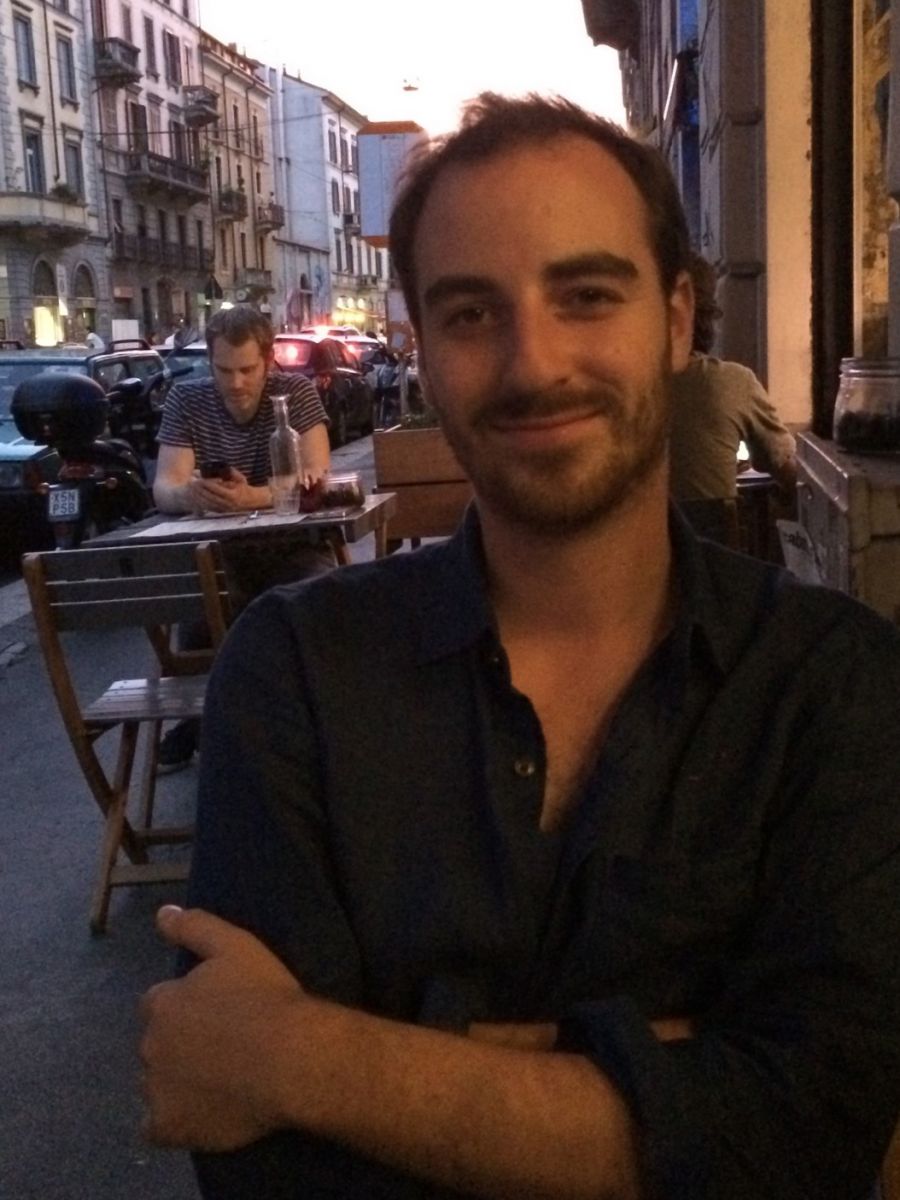HUMS 288, Modernities: Modernity and the Crisis of Value

Course Description
What is genuinely valuable? What makes one thing better than another? How can we make judgments of value that transcend personal or group prejudice?
These questions have come to seem impossible to ask, let alone answer. And yet they remain central to our lives, especially in a time of conflict so intense it threatens thought.
In order to gain insight into our predicament, this course offers a moral psychology of the human subject since 1800: an account of the transformations of human consciousness that accompanied the social changes of modernization, including the rise of capitalism and democratic egalitarianism, the decline of aristocratic and religious authority, and the growth of technology and the mastery of nature.
Readings are split evenly between social theory and literature, and include Schiller on aesthetic education, Hegel on the master/slave dialectic, Marx on alienated labor, Nietzsche on nihilism and the revaluation of values, James on religious experience, Du Bois on double consciousness, Weber on rationalization and disenchantment, Adorno and Horkheimer on the dialectic of enlightenment, and poetry and prose texts by Wordsworth, Keats, Emerson, Thoreau, Whitman, Dickinson, Stevens, and Baldwin that, amid modernity’s crises of transcendence, reground value in persons, things, and existence itself.
Students will also develop their own methods of judgment and discrimination in order to discover what these critical practices might look like in 2020. We will ask: What criteria of value can we bring to bear upon works of art and thought? What does it mean to “get it right” in the humanities as opposed to the sciences? What is the relation between a fact and an insight? Above all, we will seek to grasp how acts of judging and valuing are central to what it means to be a person.
Led by:
 |
Professor Benjamin Barasch is a Postdoctoral Associate and Lecturer in the Humanities Program at Yale University. Having received his PhD in English and Comparative Literature from Columbia University in 2019, he is delighted to be returning to Yale and to the Humanities Program, from which he received his BA in 2009. While his scholarship is rooted in nineteenth-century American literature and European aesthetic and ecological thought, he is also committed to wide-ranging inquiry into questions such as the nature of value and the status of the human in an age of environmental catastrophe. His book project, Living Thought: Form and Vitality in American Literature, argues that authors such as Walt Whitman and Henry James held a paradoxical conception of the imagination as both the mark of human uniqueness and the source of our closest intimacy with the nonhuman world. He proposes the irreducible doubleness of the imagination as a corrective to the academic critique of the human subject. He has taught classes on American visionary art from Emily Dickinson to David Lynch; on the question of value in humanistic study; and a yearlong survey in political philosophy from Plato to Foucault. His paper “Emerson’s Discovery of Life” was the 2019 winner of the Ralph Waldo Emerson Society’s award for the best graduate student paper. A performing pianist and guitarist, he also studies the history and theory of classical and popular music; particular favorites include Gustav Mahler, Charles Ives, and Bob Dylan. |
Testimonials:
This course has never been offered before. Testimonials are taken from student course evaluations of other courses by Professor Barasch.
- “He is an excellent teacher who is always willing to meet with students. His insights allowed for deeper discussion in class. His engagement level was very high. He was very friendly and always open to help all of his students.
- “He gives unique insights into the texts. They can be really different from what we usually heard and can be really deep. He’s especially helpful in office hours and gives me lots of ideas for my essays. I’m really grateful that I had him for my literature course in the first semester.”
- “Professor Barasch continually engaged with my writing and ideas, even if he disagreed with the themes I put forward in my essays or our conversations he did always seem to respect me as a thinker and student. I’ve learned a LOT about a lot of books and have enjoyed discussing them together.”
- “Professor Barasch not only demands participation and original thought, but he also uses our involvement to curate discussions that answer our own questions. Office hours are incredible, as he will discuss elements of the text with you as an equal and show care towards your well-being.”